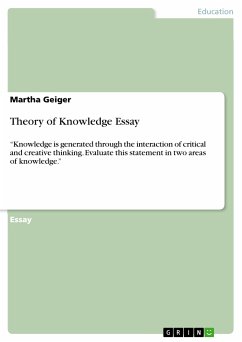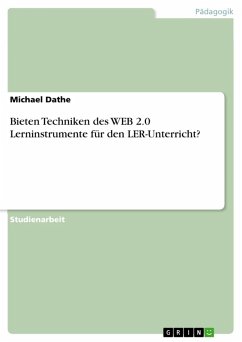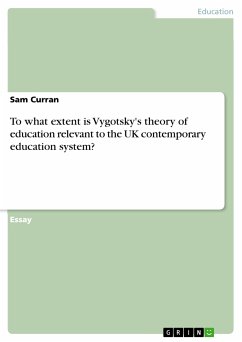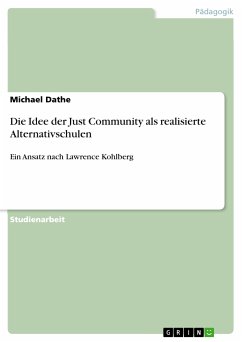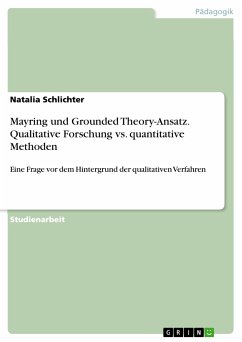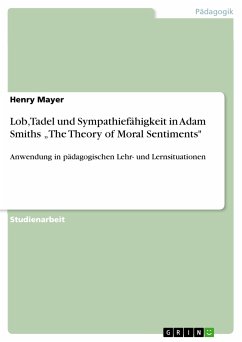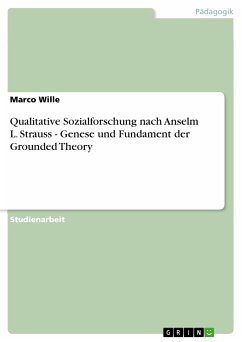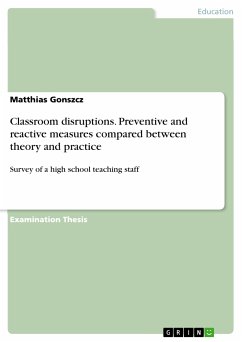Essay from the year 2012 in the subject Pedagogy - General, grade: 1,0, , course: TOK Essay, language: English, abstract: Knowledge, which is true belief based on strong, justifiable evidence, being generated is knowledge created or acquired; something is being learned. There are different ways of learning, which generate knowledge differently. Two of these are critical and creative thinking, which often work together when learning. Critical thinking focuses on questioning, evaluating and analyzing assumptions, suggesting that critical thinking holds an element of creative thinking, which involves coming up with a new idea by combining ideas that haven’t been combined before, because originality and flexibility are required to successfully question, analyze and evaluate. These procedures rely heavily on all the Ways of Knowing (WOKs). Reason is needed to question assumptions by inducing a larger truth from the assumptions and testing the truth’s validity. Language is necessary to pick up on bias in text, which affects the evaluation of assumptions. Sense perception and emotion are often needed to follow a ‘gut instinct’ about the validity of assumptions. Overall, critical and creative thinking need to interact to enable the most effective way of learning. This can be shown with examples from the natural sciences and the language arts as Areas of Knowledge. More specifically, examples from my IB physics class and my IB A1 German class can be analyzed. Nevertheless, my arguments also apply in biology, chemistry and other A1 literature courses.
